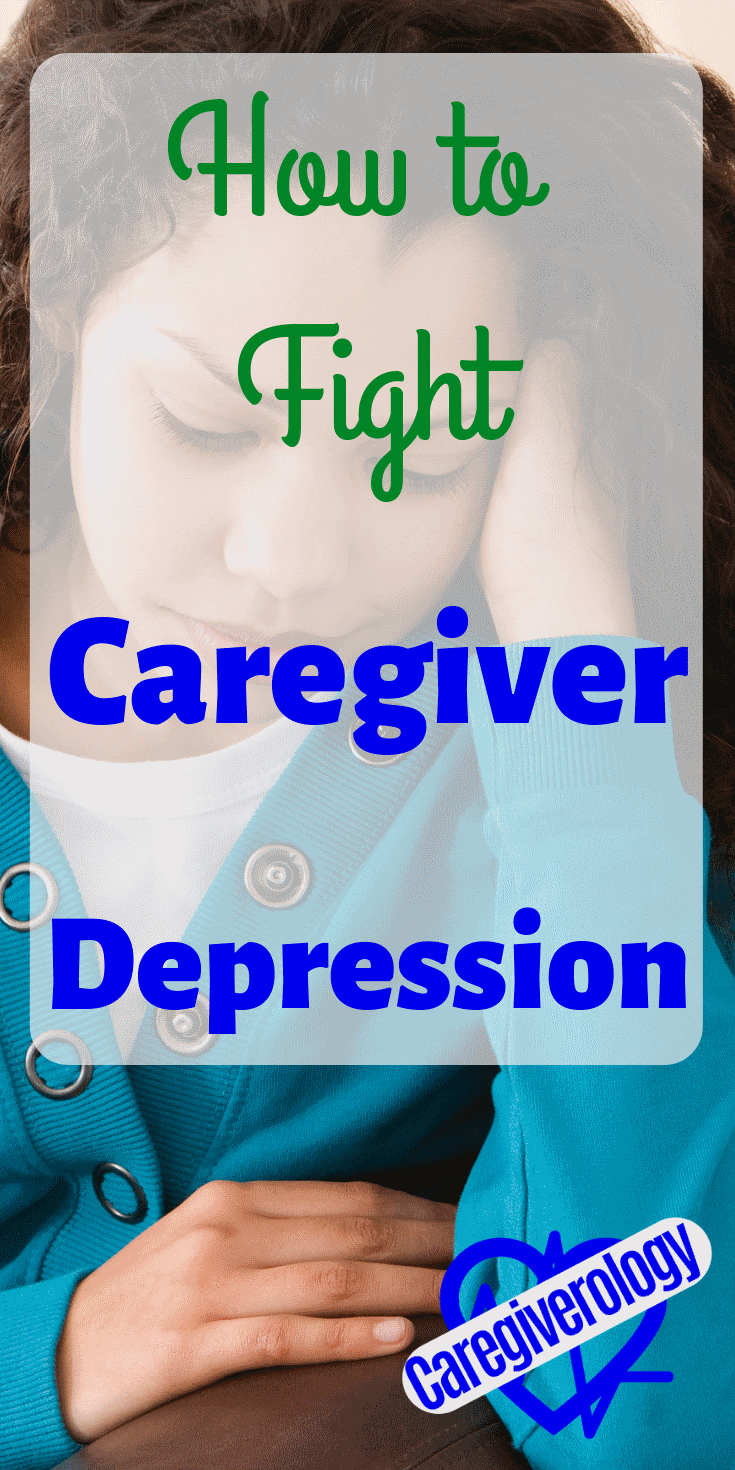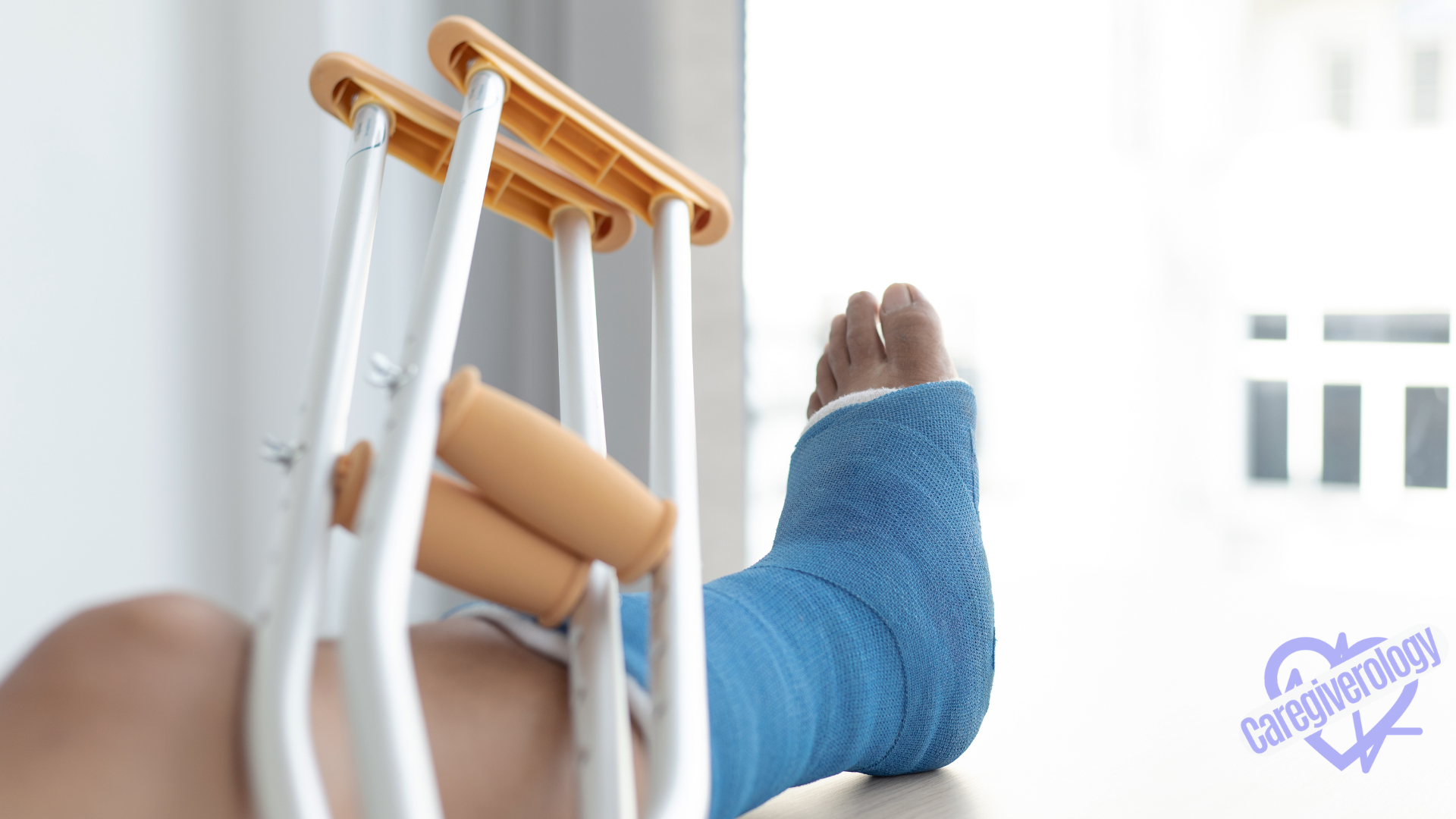How to Fight Caregiver Depression
Unfortunately, caregivers often fall into caregiver depression by letting their emotions get the best of them. It is important that you avoid this at all costs. If you are starting to feel upset and down often, seek help immediately before you become overwhelmed.
You may find the best help by simply talking to a psychologist, a family member, or even a close friend. Do whatever it takes to lessen the pain and think more positively. Just don't keep it all bottled up inside. It will only get worse as time goes by. Click for more tips on caregiver stress in particular or for inspirational quotes to lift your spirits.
Hospital Relatives Nursing Home Post mortem CPR My uncle

Caring for Relatives
Millions of people know the struggle that comes with taking care of a loved one. It is something that too many people struggle with. It is probably the most common way caregivers get depressed. They often feel alone and helpless with no way out. Don't feel bad admitting that you need help in these situations. Everybody has a breaking point. Here is an in depth look at the struggle to remain empathetic and here is an article on the ups and downs of being a family caregiver in the home.
My aunt is one of these caregivers. She has been taking care of my grandma for many years now. It is a full time job that is just getting more and more difficult. There really is no easy way to help either. My grandma needs assistance around the clock and I can tell it has really taken a toll on my aunt. I do what I can to help but I can only do so much. Often all I can do is provide emotional support which really goes a long way.
One thing that may be a help to some would be a medical alert device. They often provide some much needed relief for those who run the risk of having an immediate emergency with nobody around to help. If nothing else, it can give caregivers peace of mind knowing that help is just a button push away for their loved ones.
Hospital Situations
While working in a hospital as a certified nursing assistant and a registered nurse, there have been a few occurrences when I felt upset or shocked by what had just happened. I have been around many types of injuries, sickness, and even death, but I can't let those things negatively affect the care I give.
I often take care of patients multiple times over a period of months. Many times during those months, I see them get worse rather than better. Even though it doesn't seem fair, sometimes that's just the way it is. It's not that they aren't getting proper care, the human body just eventually starts to break down, sometimes sooner rather than later. It is often an emotional time for them as well as their loved ones.
Nursing Home Attachments
I know caregivers who work in nursing homes, or long-term care facility such as a senior living home can easily get attached to their patients because they have been taking care of them for months or even years. Many patients pass away while staying in a nursing home and as a result, may caregivers suffer from caregiver depression. I have yet to work in a nursing home, but I do know people that have in the past and they started working in a hospital for this very reason.
If you do work at a nursing home and you feel that you couldn't bear one of your patients passing away, you may want to consider transferring to a hospital. Many different patients come and go in a hospital. You will still see many patients more than once, but it's usually not nearly as frequent as a nursing home. Patients go to hospitals to get well and then leave while patients live in nursing homes.
Death and Dying / Post Mortem Care
Many caregivers who are caring for their loved ones struggle with the death and dying process. Although these feelings are normal, it is important to be aware of your emotions and seek help as needed. Here is an article describing the struggles of a wife caring for her husband with stage 4 lung cancer.
One thing that really puts an impression on me is post mortem care. It's something many certified nursing assistants and nurses, such as myself have to do, but It's my least favorite part of the job. There's just something about death that really stirs my emotions.
Although I know everybody eventually has to die, it is still an emotional experience like no other. Even if I've barely taken care of the patient, if at all, I still get that feeling. It's a hard feeling to explain until you experience it yourself.
Many caregivers have told me it gets easier each time but I really can't say it has for me. Luckily, I quickly snap out of it and don't let the experience stay in my mind and affect my work. There is nothing wrong with having such feelings, but you can't dwell on them or they will pull you down into a state of caregiver depression.
CPR Experience
One experience that really put me in a minor state of shock was giving cardiopulmonary resuscitation, or CPR for the first time. I had taken care of the patient all night, but then just before my shift was over, she stopped breathing.
After alerting my nurse and calling a code, we began giving CPR. Caregivers kept switching back and forth as to not tire themselves out for quite a while. When It became my turn, to my surprise, I gave it correctly for over a minute. Although, in the end, she didn't make it.
At the time, I didn't think too much of it because I was solely focused on the task at hand. However, afterwards, I began thinking heavily on the matter and began to over analyze what had just happened. I began to think back and tried to blame myself.
What really stuck out in my mind was the fact that one of her family members personally came to me right before they left and kindly asked me to take good care of their loved one while they were gone. I felt like I let them down.
But after thinking back, I realized I did take good care of their loved one throughout the night. I checked on her frequently and did everything I was supposed to do and then some. It was just her time to pass away, even though she wasn't a DNR. Sometimes, it really is that simple.
Never blame yourself for such things as this. Making yourself feel responsible is one of the quickest ways towards caregiver depression. There are many things in life that are out of your control. Do your best and when things take a turn for the worst, don't beat yourself up, just keep moving forward.
My Uncle
When I was very young, my uncle committed suicide. It happened without warning and to this day, my family still isn't sure why he did such a horrible thing.
The conclusion my family came to was that he was upset and overwhelmed from taking care of his wife. At the time, she had recently been diagnosed with Alzheimer's disease and was beginning to become more and more dependent on him. Here is an article with late stage Alzheimer's disease care tips.
We would visit him and at the time, he didn't seem suicidal at all, but on the inside, he must have been depressed beyond belief. If only we would have known, we would've done more to help him. If he would've asked for help all those years ago, he still might be alive today.
What I am trying to say is, don't let such a thing happen to you or your family members. If someone in your family is a caregiver, keep in touch and offer help when you can. If you are the caregiver yourself, be open about your emotions and seek help when needed.
The cold hard truth is, caregiving is not for everybody. Some people are never able to become a confident caregiver. If you have tried time and time again to keep yourself from caregiver depression but still come out unhappy or worse, suicidal, you may have to seriously consider a career change or other source of care for your loved one.
Share A Story About Depression
Are you currently suffering from caregiver depression? If so, discuss how you are feeling and gain support from me and others visiting this website. Sometimes in order to feel better, you just have to open up and tell someone your story.
On the other hand, have you overcome your depression? Tell us how and offer advice to those who are struggling.
What Other Visitors Have Said
Click below to see contributions from other visitors to this page...
From How to Fight Caregiver Depression to Home
Recent Articles
-
What to Expect During Post-Operative Recovery at Home - Caregiverology
Apr 08, 25 08:21 PM
Surgery may be over, but the journey to full recovery is just beginning, and for many people, the hardest part happens after they leave the hospital. -
How to Plan for Aging: Financial, Health, and Lifestyle Considerations
Mar 29, 25 12:40 PM
Did you know that 70% of people over 65 will need some form of long-term care? Yet, many delay planning until it’s too late. Aging is inevitable, but how we experience it depends on preparation. -
Speech Disorders: How to Know When It's Time to See a Professional
Mar 27, 25 07:05 AM
When it comes to human interaction, we need to be able to communicate effectively.






New! Comments
Have something to say about what you just read? Leave a comment in the box below.